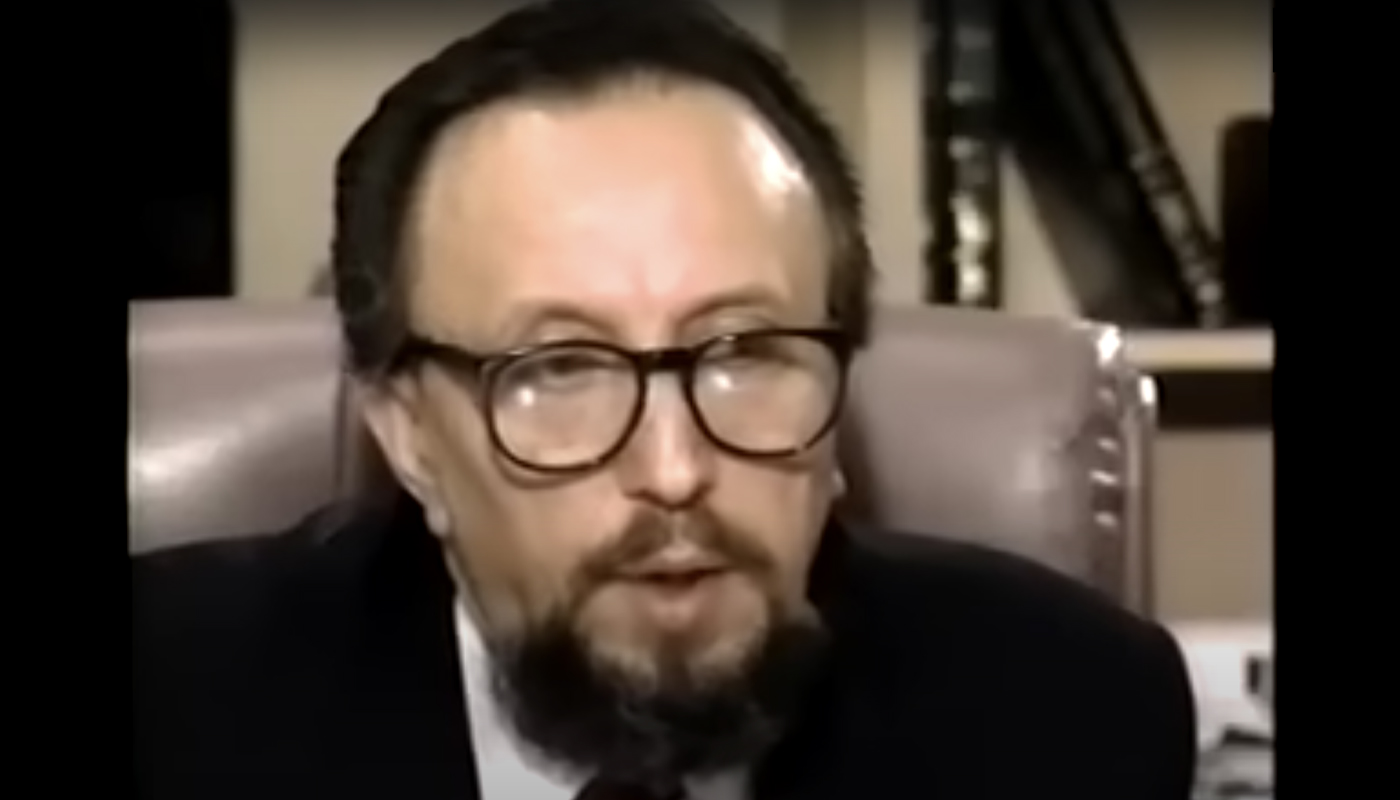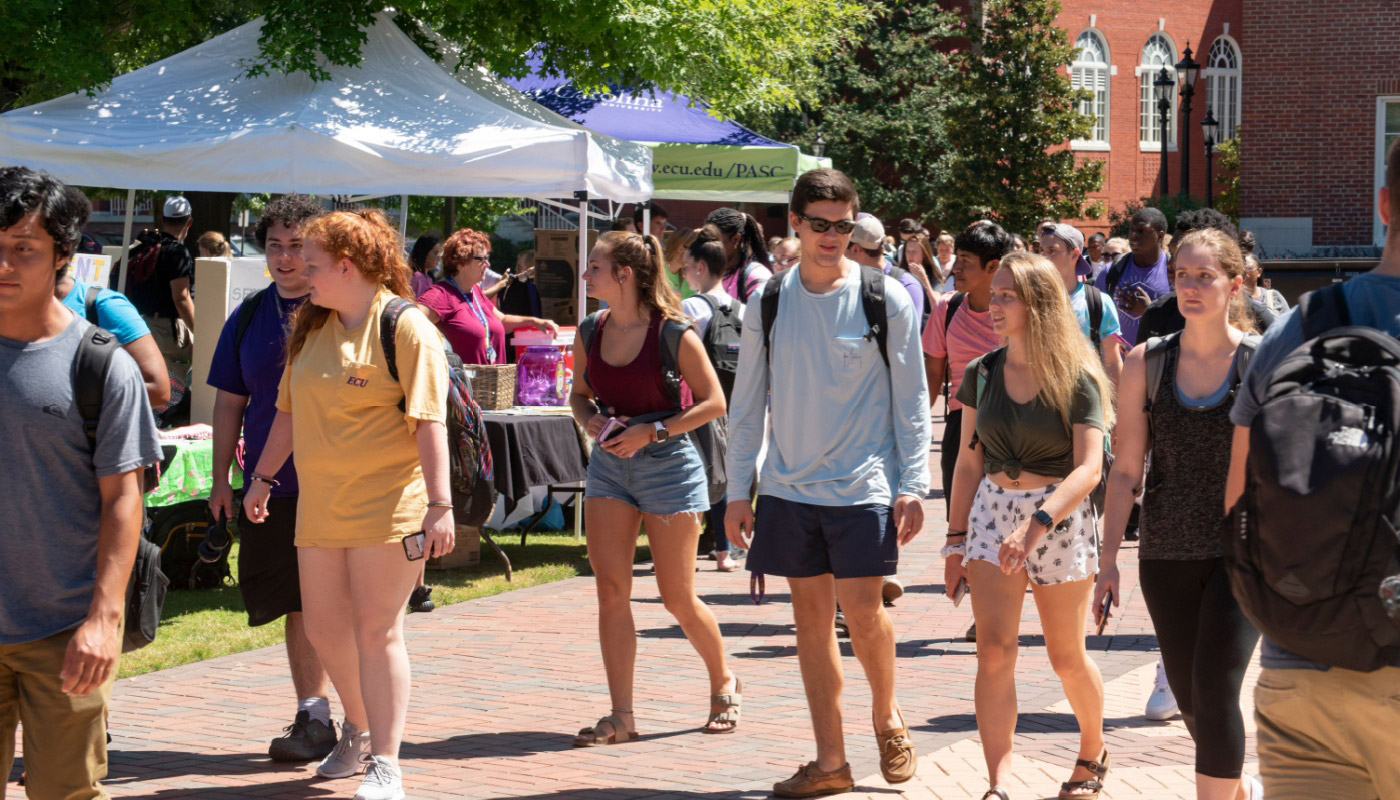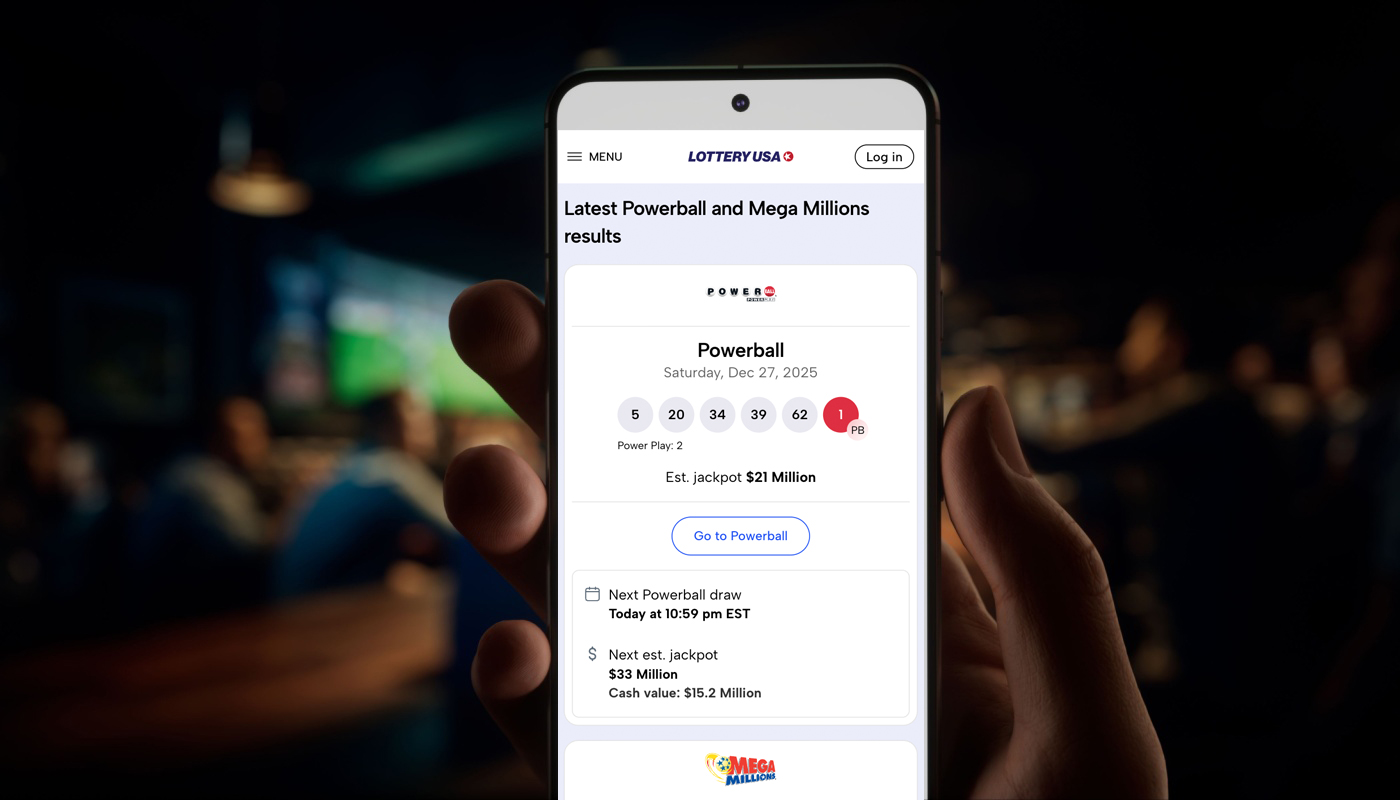
News writer; Opinion columnist
Since the first lottery was conceived in the 1400s, countless players have tried to devise formulas or schemes that would guarantee them a massive jackpot, including through the sheer brute force of buying thousands of tickets.
In 1990, a retired California woman walked into a Sacramento hardware store with a diaper bag stuffed full of $20s and bought 30,000 tickets for a state lottery with a jackpot worth $69 million. Ultimately, the diaper bag was worth more than her tickets because she didn't have the winning combo.
In October 1992, a man, whom locals called The Phantom, took a seat in a Jacksonville bar called Smitty's Place and purchased 90,000 lottery tickets for a lottery drawing worth $94 million. While the Phantom did manage to score some secondary prizes, the big jackpot ghosted him.
As outrageous as these schemes seem, they all pale in comparison to one man who not only purchased millions of tickets for a single drawing but managed to take home a massive jackpot. Stefan Mandel may be the only man in history to have developed an actual formula capable of guaranteeing profitable lottery wins, and he collected millions with his outrageous scheme.
Mandel
Stefan Mandel was an accountant living in communist Romania in the 1960s. He earned just $10 a month, and life was hard for his family. He was desperate to emigrate to a country with greater opportunities but couldn't afford to pay the necessary bribes to leave.
Mandel was obsessed with numbers and math. He studied Fibonacci's formulas endlessly and devised ways to use his mathematical knowledge to make more money.
He was studying a small Romanian lottery when he created his first theory, which guaranteed a jackpot win. He convinced four friends to pool their money to buy over one thousand tickets for the drawing.
They won the $19,000 jackpot, and Mandel's share of the winnings came to $3,700. This was hardly a fortune, but it was enough money to pay for him and his family to leave Romania.
The system
He called his mathematical formula combinatorial condensation, and he believed that it could be used to consistently determine which lottery draws he could be guaranteed to win.
His formula was relatively simple. He figured out that for some games, the cost of purchasing every conceivable combination of numbers was actually less than the total jackpot.
For example, if a lottery required players to select six numbers between one and 40, that would mean there were a total of 3,838,380 combinations. Assuming that tickets cost $1 each, lotteries with prizes greater than the number of combinations could guarantee a profitable win.
Mandel would use his formula to identify lotteries where the jackpot was worth at least three times the cost of purchasing every possible number combination. This was to ensure that he would still make a substantial profit after paying taxes on his prize.
Because buying so many tickets required massive amounts of cash, he formed syndicates made up of groups of investors who gave him money to purchase tickets in exchange for a percentage of the win.
Mandel was able to produce millions of tickets because, at the time, it was actually legal to print lottery tickets at home and then submit them with your payment to authorized retailers before the drawing.
After leaving Romania, Mandel traveled the world until he eventually settled in Australia, where he continued to revise his system and search for opportunities to win bigger prizes. He developed computer algorithms that could print millions of lottery tickets with every different combination he needed.
Mandel told the Romanian newspaper Bursa about his first success with combinatorial condensation:
I announced that I would win the big prize in the Sydney lottery in 1987. Everyone - including the newspapers and acquaintances - told me: " It's not possible, you won't succeed!". I was also told: "Mr. Mandel if such a thing were possible, someone else would have done it already!". I got angry; that year, I broke the Sydney lottery, and then I won, consecutively, 13 times the big prize and 400 thousand smaller prizes.
He used this system to win several prizes in Australia, including a $1.1 million jackpot in 1986. However, eventually, the authorities caught onto his scheme and adjusted the rules to negate Mandel's system by making it illegal for one player to buy every possible combination.
Virginia
With Australian lotteries no longer an option, Mandel began searching for other locations where his system could still be effective.
He studied the games in several US states. He determined that the Virginia State Lottery offered his system the best chance to win because its drawing used numbers between one and forty-four, which meant that there were fewer combinations compared to states that used numbers into the fifties.
While most state lotteries had up to 25 million possible combinations because they used more numbers, Virginia's could be reduced to just over seven million possibilities. Additionally, players could still buy an unlimited number of tickets and print tickets at home.
Mandel established a new company in the state called Pacific Financial Resources. He then gathered up thousands of investors to put money into his scheme.
While still working in Australia, he set up an office where, over the course of three months, he and sixteen employees used 30 computers and 16 laser printers to create millions of tickets. The total weight of seven million tickets was over one thousand pounds, and it cost $60,000 to ship them to America.
Once the tickets were in position, he had to wait for the perfect opportunity to implement his plan. He finally saw it when the Virginia Lottery jackpot rose to its highest level ever, at just over $27 million.
Now, his challenge was to submit all seven million tickets before the next drawings, which was in just three days. He hired thirty-five couriers to spread out across the state. Carrying bricks of cash and 10,000 tickets at a time, they went to 125 different authorized retailers to submit their massive haul.
Many of the retailers were overwhelmed, but they were also happy to accept the large amounts of cash that the couriers were carrying with their tickets. One grocery store chain alone processed 2.4 million of the tickets at its different stores.
Gas station owner Rick Miller recalls the frenzy surrounding the couriers' demands:
We thought they were nuts. But if someone comes up and says they want to buy 700k lottery tickets, we're not going to chase them away.
The plan almost unraveled completely when one of the chains paid to process the tickets got overwhelmed and simply quit before submitting the tickets for the drawing. Now, 700,000 of the possible combinations would not be part of Mandel's drawing.
On February 15, 1992, the numbers 8, 11, 13, 15, 19, and 20 were pulled for the Virginia state lottery, and Mandel was holding the winning ticket. His scheme was vindicated.
Not only did he win the grand prize of $27,036,142, but he also took home six second prizes and 132 third prizes, which together were worth another $900,000.
His plan was quickly discovered by lottery officials, and while technically, he did nothing illegal, the rules were changed to stymie his system. For example, players could no longer print their own tickets. Instead, they would need to go to authorized retailers to purchase them. They also placed limits on the number of tickets one player could buy for a drawing.
While this was, at best, a minor inconvenience for most players, it made Mandel's system almost unusable because of the staggering volume of tickets he needed.
Today, all states that run lotteries have enacted rules to prevent schemes such as Mandel's from being used against them.
The fall
While Mandel's system was perfectly legal at the time, Virginia state authorities were not happy with how he gamed it. He was investigated by several different government organizations, including the CIA, FBI, and IRS, but none of them found any wrongdoing on Mandel's part.
However, many of his investors were displeased with the scheme's payout. Most received about $1,400, far less than the amounts they had been promised. Mandel wound up with most of the money, including a $1.7 million consultant fee that he paid himself.
This appears to be the end of Mandel's attempts to scheme the lottery, but he still attempted various other investment schemes around the world, including one in Israel that led to his being sentenced to 10 months in prison. While his lawyer claims that his conviction was eventually overturned on appeal, in 1995, he ran into his own financial troubles and declared bankruptcy.
Today, Mandel lives off the coast of Australia on the small island of Vantau, where he enjoys a private life and avoids most media attention.
In one of the only public interviews he has ever granted, he told Bursa in 2012:
I'm a man who takes risks but in a calculated way. Trimming my beard is a lottery: There is always the possibility that I'll cut myself, get an infection in my blood and die - but I do it anyway. The chances are in my favor.

















Comments